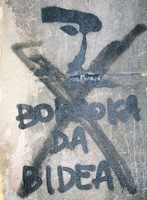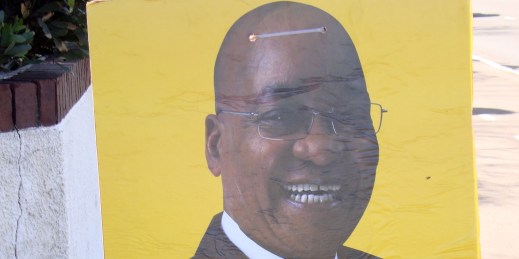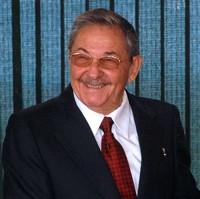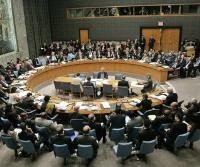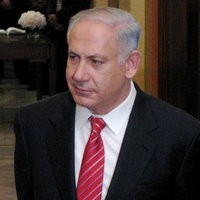
Republican presidential candidate Mitt Romney recently released a list of several hundred retired generals and admirals who have joined the “Romney for President Military Advisory Council.” There is nothing unusual about such a list. Many presidential candidates roll out endorsements from high-profile former officers to demonstrate that as commander-in-chief, they would have the support of the military’s senior leaders. What did raise some eyebrows was the inclusion on Romney’s list of retired Army Gen. Tommy Franks. Writing for Mother Jones, Adam Weinstein said, “If you’re a presidential candidate looking to establish your national security cred with a war-weary American public, […]




